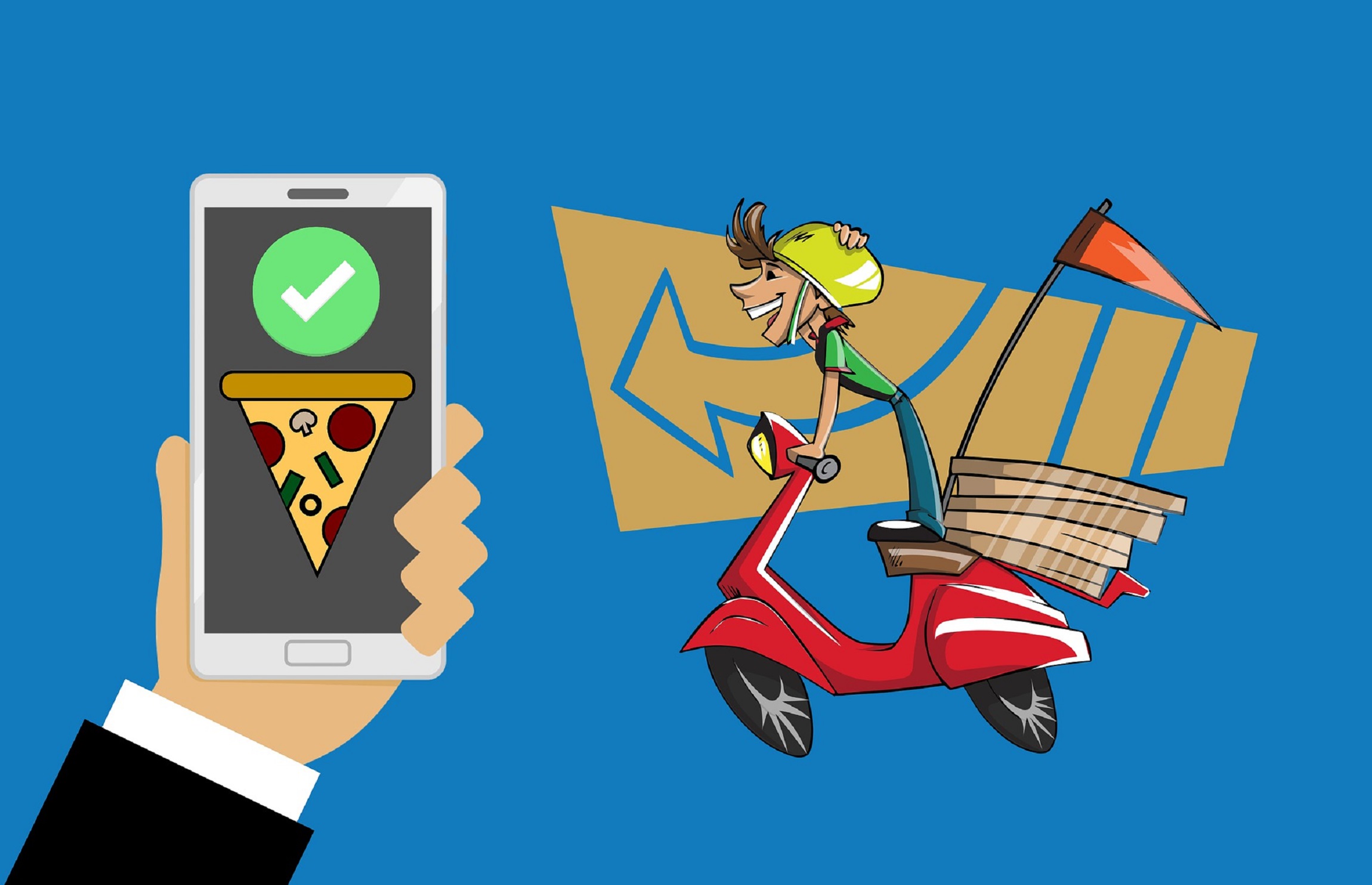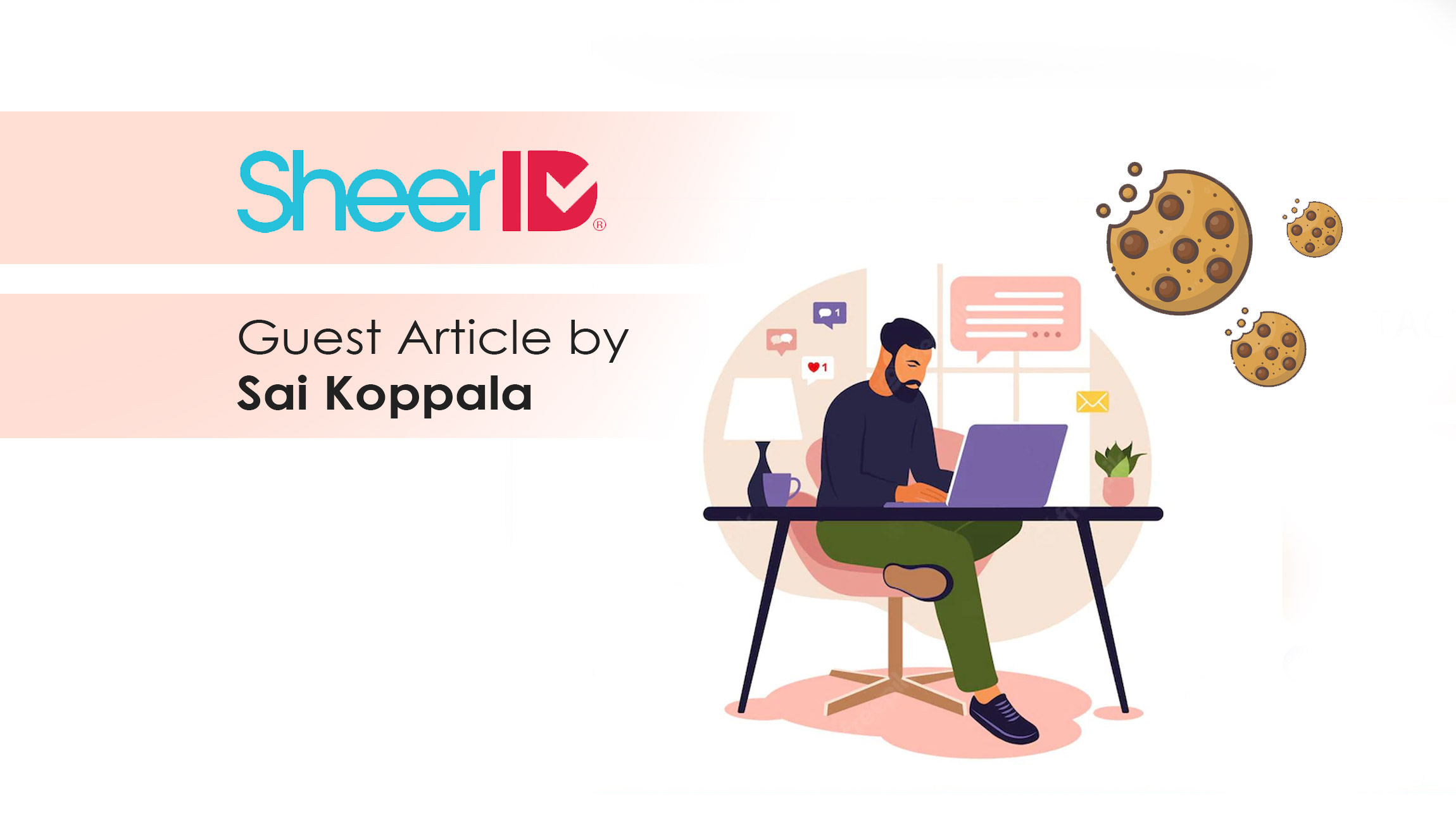With Consumer Expectations Evolving Rapidly…(Even When it Comes to Ordering Food), What Can B2B Tech Marketers Keep in Mind?
A recent HungerRush study highlighted new findings and consumer expectations that are redefining how the restaurant industry is evolving. The activity of eating out was often associated with gatherings and meet-ups, at least until pre-pandemic days.
But the global lockdowns and the shift to online experiences that the pandemic accelerated due to a lack in person events also trickled down to a post pandemic era that is now further influencing how industries traditionally expected to function better through face to face, physical interactions are now required to cater to more ‘’phygital’’ experiences that allow their audience to interact with them, across a variety of online channels while providing an above-par guest and order cum delivery experience.
While the HungerRush study points out to how changing food consumption habits like, greater reliance on quick food services, a seamless sit-down experience and demand for personalized services are changing the game for the restaurant industry, these evolving customer consumption habits can actually help marketers across a variety of segments pinpoint more about what’s to come or how to prep for the near-future.
A few quick takeaways for B2B tech marketers:
Incorporate Self-Serve and Live Agent Marketing-Selling Processes
Customers today are used to doing everything online at the click of a button, from ordering food, to paying for movies and shows and watching them as per their own timelines and convenience.
The pandemic accelerated this trend and also placed the onus on product sellers and service based providers to enhance their digital journeys. Customers are now showing signs of eating out less while craving a more seamless way to access self-serve sites and apps that can help them get what they want when they want it.
In B2B tech, customers are now rapidly craving experiences that can allow them a seamless self-serve subscription journey that gives them the opportunity to bring in services/products when they need it while allowing them to customized packs or withdraw from renewals when their goals change or plans require another type of tool.
For marketers: it’s important to grab two key takeaways from this:
- -Customers today want an easier way to interact with a brand and order a service/product
- -Marketers need to build exceptional online journeys that allow end users to chat with a live agent when needed but to also continue through the typical buying stages themselves if they don’t feel the need to interact with an agent
Many B2B tech platforms still require interested prospects to first go through a mandatory product demo or quote stage to take conversations ahead. As B2B tech consumption habits change, it will become more crucial for B2B tech marketers to also understand how customers want to order or subscribe to platforms so that they can give them those self-serve features in addition to manual people-based sales/marketing/product assistance.
Marketing Technology News: MarTech Interview With Don White, CEO and Co-founder at Satisfi Labs
Explore the ‘’Metaverse’’ for B2B Tech Marketing
If customers across industries are leaning more towards the convenience of completing a full buying journey online, be it for a food service or tech platform/subscription, marketers should use these signals to breakdown what else seems to draw their interest when it comes to enhanced digital experiences.
With online users now craving better digital experiences, brands need to find ways to build those unique journeys that keep customers coming back for more.
The growing prominence of Augmented Reality and the Metaverse is going to shift how brands start building those unique and immersive online journeys that customers crave.
Several leading D2C brands, eCommerce platforms have started offering AR-backed online trials or metaverse/immersive experiences to their online customers.
B2B tech marketers who choose to jump onto the metaverse bandwagon earlier in the game can actually benefit more.
Provide a Connected Experience that is Unique
A robust, omnichannel experience is key to driving brand growth, awareness and getting users to move through a buying cycle. In B2B, the reasons behind this are several.
Users today are constantly bombarded by brand marketing messages across their email, social media, phone, through in-app marketing and so much more. To take this a step ahead, brands have to now dovetail experiences to cater to custom requests and provide more connected experiences across devices/channels/locations.
Some leading brands have used frameworks that include in-app ordering and customer service assistance during buying journeys, others focus on integrating how users or potential prospects are moved through the buying journey using a multichannel approach: Email-SMS-Call-LinkedIn, for instance.
While trying to create better connected experiences, brands have to find ways to build unique formats. In-app assistance, always-on customer service, video-based service and order assistance are just some of the newer expectations from customers that can drive how brand marketers even in B2B tech think about these journeys for their future customers.
Marketing Technology News: JAMstack: A Quick Breakdown











